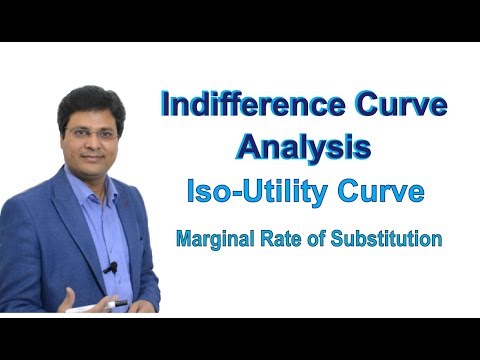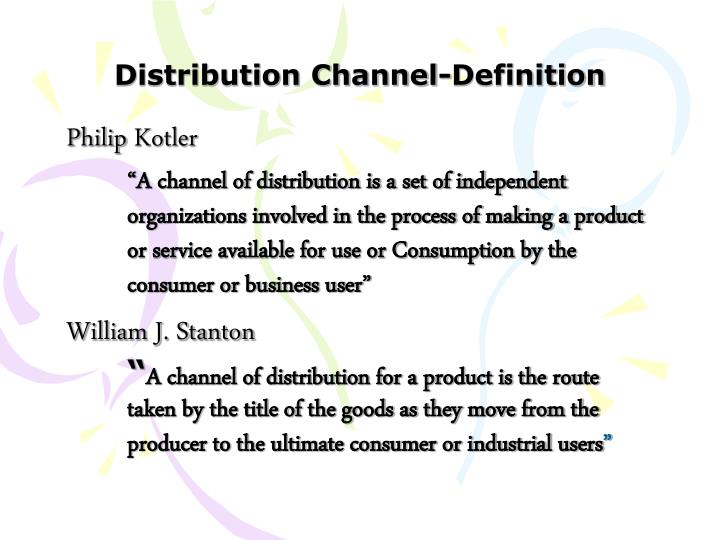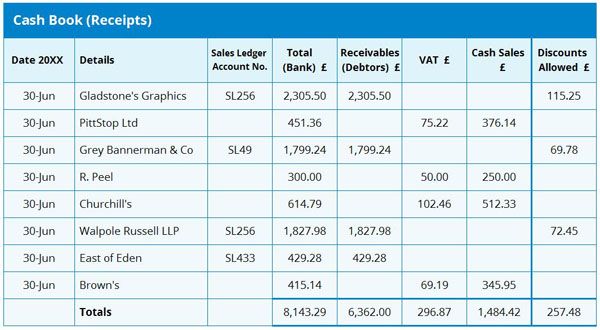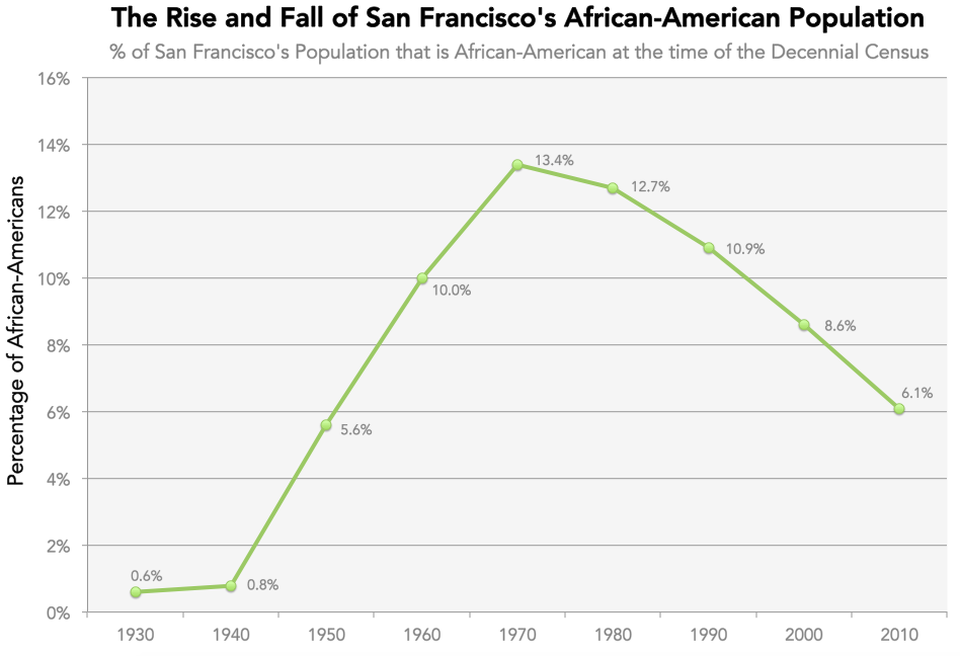Contents:


Do you need help managing the day-to-day bookkeeping processes of your https://1investing.in/? Hand the reigns to a professional bookkeeper to free up your time so you can focus on running your business and rest assured that your finances are in good hands. Forensic accountants are accounting detectives who analyze the books in order to check for errors, oversights, compliance issues, or fraud. Forensic accountants are the professionals you call when you suspect someone of tampering with the books, and it’s their job to track down discrepancies and pinpoint fraud. In addition to general accountants and CPAs, there are also specialized accountants. Specialized accountants are experts in a specific area or industry and often have additional certifications to qualify them for their job.
New 1099-DA Reporting Creates More Headaches for Taxpayers – Yahoo Finance
New 1099-DA Reporting Creates More Headaches for Taxpayers.
Posted: Thu, 13 Apr 2023 16:59:35 GMT [source]
For people with incomes exceeding $73,000, you can still find free filing options if you have straightforward income. A fiduciary is an individual or an organization that has the legal authority to act on behalf of others. I am an extrovert, which many people don’t think of as a typical characteristic of an accountant, but I find it helpful in establishing a bond with my clients. I have been lucky to have a lot of long-standing, wonderful client relationships. Explore programs of your interests with the high-quality standards and flexibility you need to take your career to the next level. Accounting.com is committed to delivering content that is objective and actionable.
What Percentage of Accountants Are CPAs?
Like days sales in inventorys, EAs are able to legally represent taxpayers before the IRS. They also have to undergo rigorous education and a certification exam and are licensed by the federal government rather than individual states. Because CPAs have to go through a strict licensing process and follow a code of ethics, many businesses prefer working with a CPA. Careers for unlicensed accountants, according to Indeed, are found mostly in the area of private accounting. In these careers, the accountant works internally for a single employer, such as a public or private corporation. In some instances, accountants also function as financial advisors, taking on the role of fiduciaries to make financial decisions on behalf of clients.
In my senior year of college, I studied for and passed the CPA exam. The CPA is an important credential to me, and I still get continuing education credits every year to keep up with our state requirements. This helps me keep current on issues happening in the industry and new accounting pronouncements. Accounting involves recording financial information, preparing documents relating to finance, and analyzing financial records. Public accounting focuses on financial documents that clients must disclose to the public, such as tax documents. If you choose not to go into public accounting, the benefits of being a CPA could be even greater.

However, please note that if your country isn’t listed, you will have to take the exam in the United States. Furthermore, some professionals combine the CPA and MBA to push their qualifications further. Deciding which one is tough – US CPA or ACCA – there are several factors to consider. The US has mutual recognition agreements with 8 accounting bodies in the world.
Tips for Tax Season
Although tax returns are not open to the public, they fall under the public accounting umbrella due to the legal requirement of disclosing financial information to the government. Public accounting also includes filing corporations’ records with the Securities and Exchange Commission and potential investors. Accountants will do things like recording and reporting financial transactions, bookkeeping, and taking care of tax-related matters. Often, accountants with no certification perform tasks such as bookkeeping, looking after general accounting matters, and taking care of some tax-related matters.
Bachelor’s degree in business, accounting, finance, mathematics, or a similar field in order to qualify for their complex work, though this is not universal. These are specialists often called upon to perform specific accounting tasks or to perform audits for companies. Analyzing financial statements to examine cash flow, calculate accounting ratios, and make expense recommendations to help a business operate more efficiently. To become a professional CPA license is not everything or the only requirement. All professional CPAs are required to follow the code of ethics and meet all the high standards of this particular profession.
What Is A Certified Public Accountant?
Our experts love this top pick, which features a 0% intro APR until 2024, an insane cash back rate of up to 5%, and all somehow for no annual fee. As valuable as a CPA can be for certain situations, there are also times when an accountant is the better choice. There are times when deciding between a CPA and an accountant can be tough. At other times, the decision is simple, such as under the following circumstances. Don’t underestimate how important this may be if you are ever audited by the IRS or your state tax authority.

If you’re ready to find an advisor who can help you achieve your financial goals, get started now. You have a complicated tax situation with dependents, investments, or significant assets or charitable contributions, or you own a business. Nearly every financial transaction comes with some kind of tax consequence, and the more transactions you have, the more things you need to take into consideration. According to the National Association of Tax Professionals, the average charge for preparing and filing a tax return is a little more than $200. Our stories are reviewed by tax professionals to ensure you get the most accurate and useful information about your taxes.
Gaining an understanding the day-to-day responsibilities, career potential, job requirements and earning potential for the roles that interest you might help you determine the right path for your future. The terms accountant and CPA are often used interchangeably, but a CPA vs. accountant side-by-side comparison reveals some important differences. You feel comfortable hitting submit and want that control over your money. You have a straightforward tax situation with no dependents, no investments other than retirement accounts, and no significant assets or charitable contributions. Those basic, free versions of tax-preparation software mentioned above were created for people like you, who have few deductions or other financial factors to take into consideration.
- Depending on the organization for which they are hired, they may be a long-term employee or a contractor brought in specifically to manage one specific objective.
- This professional is authorized to perform a broader range of accounting services than a standard accountant.
- It’s probably more prudent than rushing through your filing and making a mistake.
- For CMA certification the requirements were an undergraduate degree in a related discipline , an entrance exam, and suitable work experience.
- I am currently working as an outsourced controller for a not-for-profit.
These types of accountants specialize in planning, budgeting, risk management, and business strategy. An accountant is a finance professional who offers business advice and can perform bookkeeping tasks like reconciliation and record-keeping. A CPA can perform the same tasks but goes through more rigorous certifications and is can legally represent you business before the IRS. There are multiple types of accounting and tax professionals including bookkeepers, accountants, CPAs, and enrolled agents.
The public interest – CPAs are required to serve the public interest in every action they take. The cost and expenses in pursuing CPA are higher when compared to pursuing accountancy courses/certifications. In addition, CPAs are considered the ones with a legal duty and power to act on behalf of and in the best interest of their clients. There are some states where candidates must be a United States citizen, a resident of the state, or both to take the exam. The Bureau of Labor Statistics projects the employment of accountants to grow 7% from 2020 to 2030.
Accounting vs. CPA Infographics
Public corporations must provide audit reports to investors, and only CPAs are qualified to create these reports. The goal of bookkeeping is to maintain accurate records and balance the books. The goal of accounting is to gain an understanding of your business’s financial state and use that information to help your business succeed and plan for the future. A bookkeeper is an individual who is in charge of maintaining a business’s books. So choosing the right professional to handle your finances is the key to success. It’s important to note, however, that CPAs must work to maintain their licensure.
Prepares, annually, quarterly, and monthly financial reports for all businesses. Mary Girsch-Bock is the expert on accounting software and payroll software for The Ascent. Accountants are usually responsible for creating departmental and organizational budgets.
Another deciding factor is that only a CPA has the authority to represent if the IRS decides to knock on your door. ReliaBills also provides tools that help manage customer information, monitor payment records, and create proper billing and payment collection reports. As a result, invoice and billing management are simple and convenient. You also have active customer support ready to assist you whenever you need help.
The first difference between an accountant and a CPA is in their education. To become an accountant, one only needs a bachelor’s degree in finance, business management, accounting, or a related field. Their training is usually made up of internship programs during school or on-the-job training. CPA is short for certified public accountant and a CPA firm is a firm that consists of such professionals.
- Management accountants are directly involving in budgeting, external financial reporting, risk management, and performing profitability analyses.
- Many people and private businesses choose to pay licensed tax preparers to represent them before the IRS.
- Accountants without a CPA certification may prepare a proper tax return, but a CPA offers distinct advantages to clients that non-CPAs cannot provide.
- Because CPAs have to go through a strict licensing process and follow a code of ethics, many businesses prefer working with a CPA.
- These are specialists often called upon to perform specific accounting tasks or to perform audits for companies.
- For busy non-tax professionals, their time can generally be better spent earning money in their area of expertise.
You can choose to use the services of a CPA or another tax professional. The fees charged depend on how complex your needs are and the type of professional you choose. While the growing selection of these programs certainly makes it easier to do your own taxes, it has hardly put Certified Public Accountants and other personal tax preparers out of business. David Kindness is a Certified Public Accountant and an expert in the fields of financial accounting, corporate and individual tax planning and preparation, and investing and retirement planning. David has helped thousands of clients improve their accounting and financial systems, create budgets, and minimize their taxes.
Editorial content from The Ascent is separate from The Motley Fool editorial content and is created by a different analyst team. While accountants should follow many of these same principles, they are not required to do so. In some cases, the differences are insignificant, while in other cases, those differences are of vital importance to your business. Accountants are responsible for reconciling bank accounts at month-end, as well as general ledger accounts.

Public accountants who are not in the position to recognized as a CPA cannot be a fiduciary for their respective clients. You may be wondering if you can just hire a tax accountant instead of a CPA to do your taxes. But while accountants are qualified to prepare tax returns for your business, they don’t have the level of knowledge that CPAs have regarding tax codes. CPAs can also represent you before the IRS should you be audited, something that accountants cannot do. A CPA accounting specialist has a broad range of accounting and finance skillswhen compared to an undergraduate-level accountant. They spend more time focusing on business management, like product costing and production, marketing, financial planning, and general financial analysis and advice.
Featured or trusted partner programs and all school search, finder, or match results are for schools that compensate us. This compensation does not influence our school rankings, resource guides, or other editorially-independent information published on this site. Integrity Network members typically work full time in their industry profession and review content for Accounting.com as a side project. All Integrity Network members are paid members of the Red Ventures Education Integrity Network.